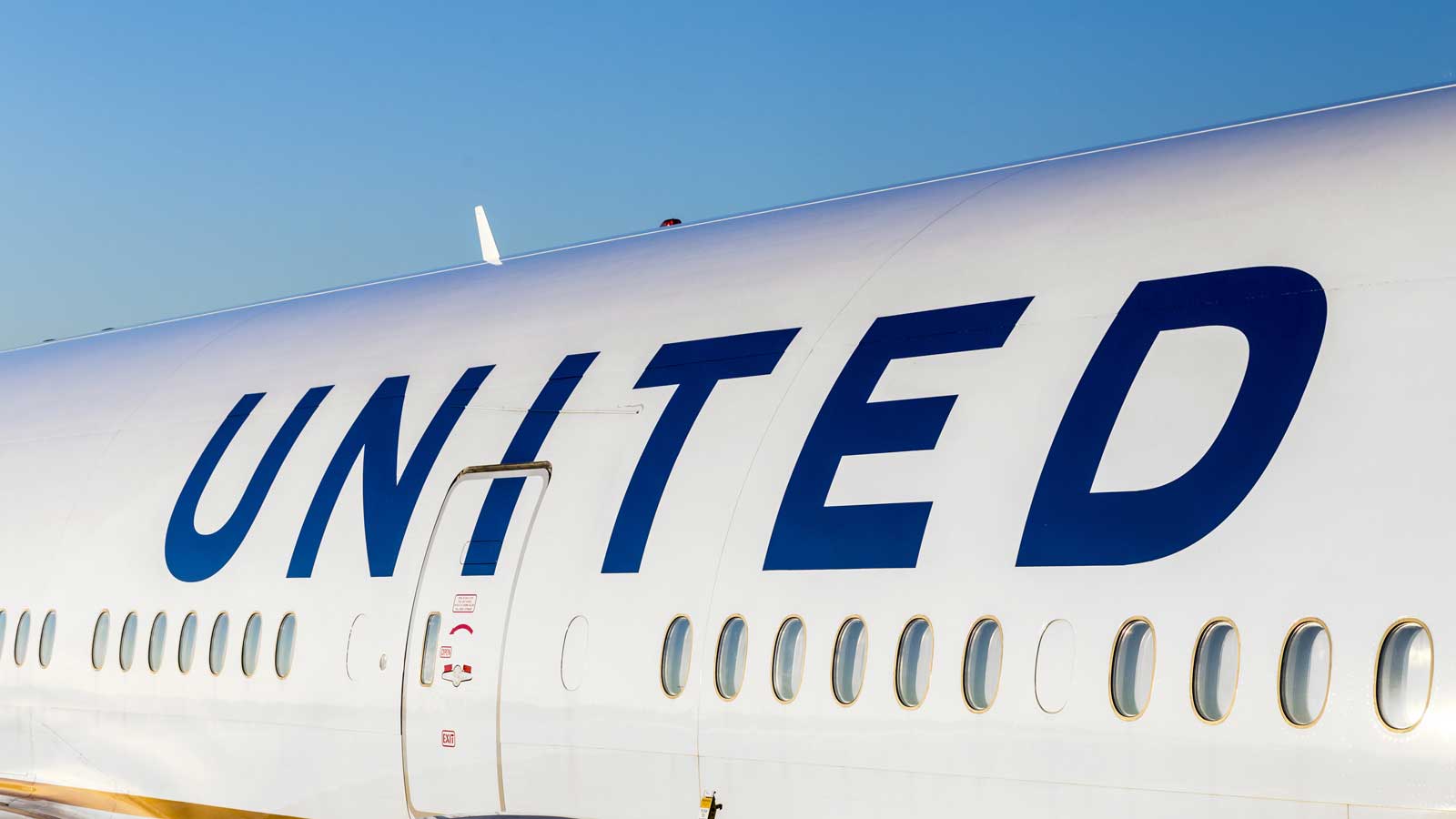As the number of coronavirus cases continues to rise globally, the airlines industry is among the worst-hit sectors. From its 52-week highs, United Airlines Holdings (NASDAQ:UAL) stock plunged by nearly 70%. After the announcement of the stimulus package and a bailout for airline companies, UAL stock rebounded sharply.

However, I still have significant concerns about the stock. I believe that United Airlines stock will trade sideways or lower in the coming months. As a result, it’s too early to consider buying the shares.
The first point to note is the sector’s potential revenue loss. The International Air Transport Association is estimating a loss of $113 billion. However, these are just initial estimates, and some analysts think that the impact of coronavirus on the tourism industry can last well into next year.
Therefore, the first big concern for the airlines is survival. Even after the $50 billion stimulus package offered by the government, United Airlines has already warned that it’s expecting a “lengthy slump” in ticket demand.
Philip Baggaley, the chief credit analyst for the airlines industry at Standard and Poor’s says that, “The general assumption is that the rest of the year will not look as grim as the second quarter, but it will be a slow recovery.”
While the stimulus can help airlines stay afloat, their stocks won’t climb unless ticket demand returns. UAL stock is likely to remain depressed, since a surge of demand for flights is unlikely to occur this year.
Will Lower Fuel Costs Help United Airlines?
Amidst the gloom for the airline industry, the plunge of oil prices is a potential positive. Fuel accounted for 23% of United Airlines’ total expenses last year. Since it did not hedge its exposure to oil prices, the company will benefit from low crude prices.
However, there are two other important points:
- Lower oil prices will negatively impact the U.S. economy in addition to several other economies in the world. As a result, the global slowdown could be prolonged, causing passenger traffic to be relatively depressed.
- Labor expenses accounted for 31% of United’s spending in FY19. It’s not surprising that United Airlines has warned of job cuts after September if passenger traffic does not improve by then. The warning is an early indication that a “V-shaped” recovery is unlikely for the industry.
The positive catalyst of lower fuel prices will be overshadowed by those concerns.
Equity Dilution Is Likely
United Airlines has $8 billion between its cash and its undrawn credit facility. That will help the company navigate the challenging times it will face in coming quarters. In addition, the bailout funds will help it stay afloat.
However, it’s worth noting that for FY19, United Airlines reported operating expenses of nearly $37 billion. Therefore, if the slowdown is prolonged, I expect United Airlines and the other airlines to seek further financial assistance.
Since President Donald Trump mentioned that the government is open to taking equity stakes in the airlines, it’s likely that they will have to issue new shares, especially if the slowdown extends into next year.
On the positive side, airline executives are considering asking the government permission to consolidate their routes. Such a move would save the airlines a significant amount of money.
The Bottom Line on UAL Stock
The airline industry may do worse during the current crisis than during the financial crisis of 2008-09. The government has saved the airlines for now, but that won’t drive UAL stock higher for long.
A prolonged rally will occur only after the airline’s passenger traffic increases to levels that enable it to generate operating profits.
Overall, even after the big correction of UAL stock, its shares are unattractive for medium-to-long-term investors. The stock is, however, worth watching.
Faisal Humayun is a senior research analyst with 12 years of industry experience in the field of credit research, equity research and financial modeling. Faisal has authored over 1,500 stock-specific articles with a focus on the technology, energy and commodities sector. As of this writing, he did not hold a position in any of the aforementioned securities.
